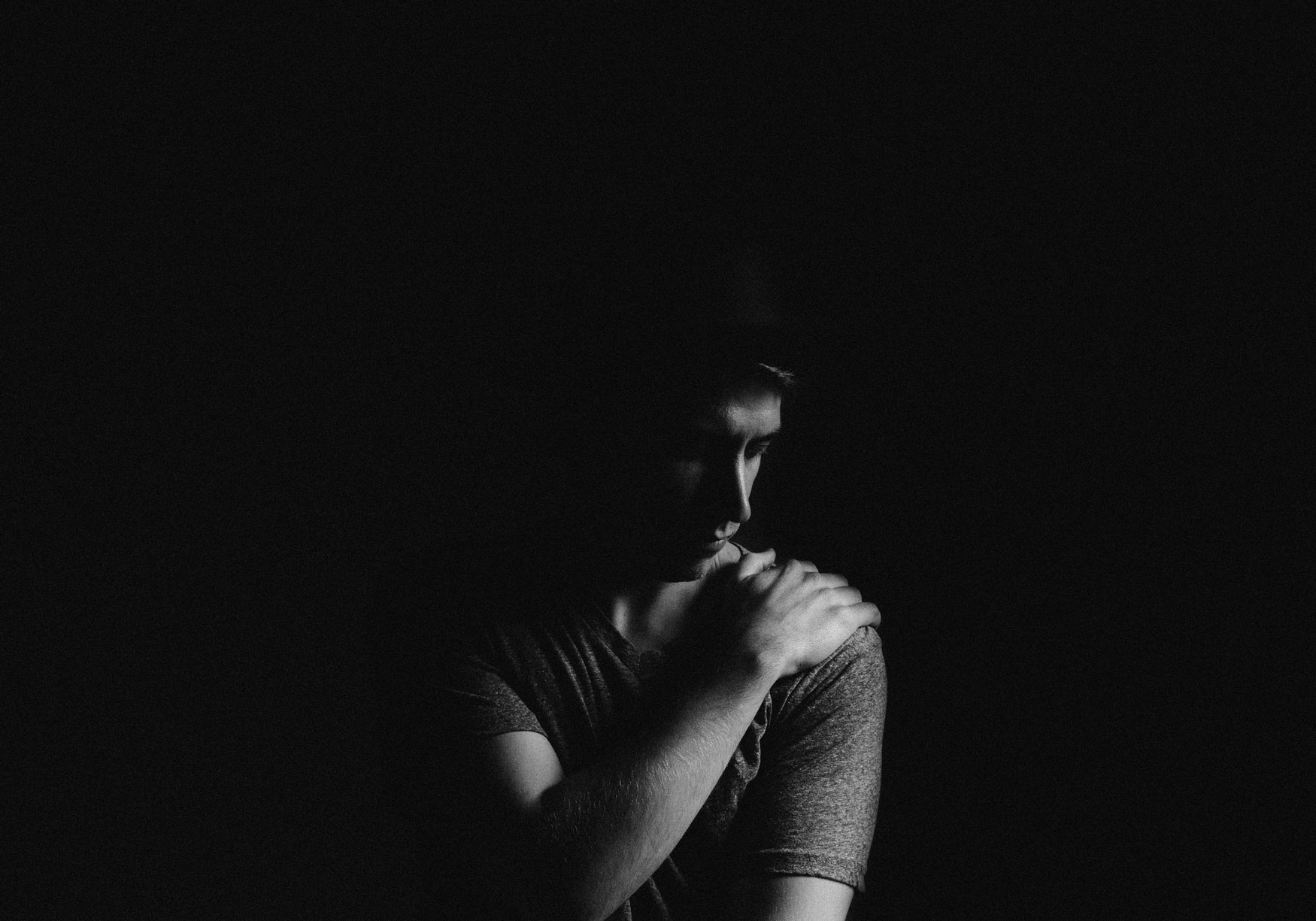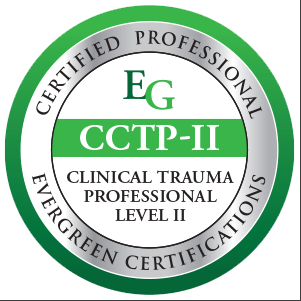The Suicidal Mind
Who dies by suicide? Ask this question and you can hear stories from suicide survivors that demonstrate that anyone, of any age and any gender, from any socioeconomic or academic background… can die by suicide. The military and first responder professional fields have been plagued by an epidemic of completed suicides. The general population experiences between 700-800,000 completed suicides worldwide each year (World Health Organization, 2021). Suicide is the fourth leading cause of death among 15-19 year old’s (WHO, 2021). As a professional suicidality educator and suicide interventionist, in my experience suicide is a preventable death, 97% of the time.
When a person is contemplating taking their own life, they can experience an onslaught of abstract distorted thoughts that center on ending their life or that people would be better off without them. Sometimes these thoughts present as loud never-ending fixations, other times they are a low hum running in the background, exhausting the individual. There is a perceived burdensomeness, a lost belongingness and an acquired capability.
Suicide is not about dying… it’s about ending pain ™
This is a statement that often gets a quizzical look… and is challenged frequently… if someone kills themselves… aren’t they then dead? The answer to this question is technically, yes, the person who takes their own life is essentially dead… however, that does not mean that their pain has ended… it has just been passed on to everyone who knew the person who killed themselves. These people are the survivors of suicide.
Suicidal individuals experience something called a “psychache”, described by Schneidman (1998) as the “extreme psychological pain which culminates in suicide and can be caused by unfulfilled psychological needs and demands”. When you meet the need, you can save the life ™.
Suicidal Immunity ™
As a trauma specialist and suicidiologist who frequently works with military and first responder populations, it is not uncommon to hear people say that they would NEVER kill themselves… I often ask… is it that you would never actually take your own life or is it possible that you haven’t experienced an event so deeply wounding, producing imaginable pain, that you would consider taking your life? This is what I define suicidal immunity as, the belief that a person couldn’t imagine (or they won’t admit) that they could consider killing themselves. There are attitudes that exist in society and professional specialties that reinforce the misperception that help seeking behavior is a sign of weakness or a career ender. What would it take to have mental health viewed as any other medical specialty… you don’t go to the dentist just for a toothache.

There is a light at the end of the tunnel
I circle back to the philosophy that if we (society, professionals, and individuals) can meet the need… we can save a life ™. When we can conceptualize the suicidal mind and the individual who is in a place where they are seeking a way to end their pain, suicide is one way… but it is not the only way. When a person is willing to listen with an open mind, hear what a person is saying, support that individual in getting their need met, it is possible to walk out of the dark and into the light. The word hopelessness starts with hope… overcoming stigma starts with a call to action and the resources to meet the needs of individuals in pain.
For more information on the topic of Suicidality Education
please feel free to reach out to us at info@thecampbellmethod.com.
References:
Shneidman, E. S. (1998). The suicidal mind. Oxford University Press, USA.
World Health Organization. (2021). Suicide. https://www.who.int/news-room/fact-sheets/detail/suicide#:~:text=More%20than%20700%20000%20people,15%2D19%20year%2Dolds.









